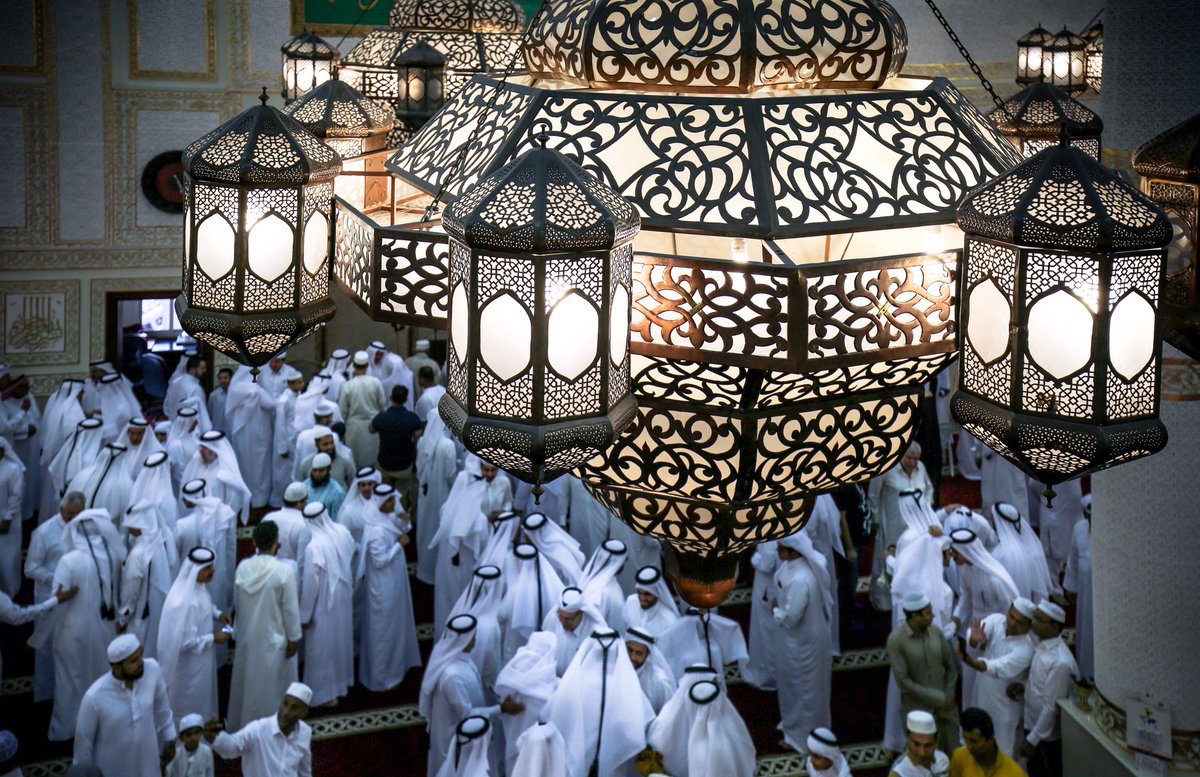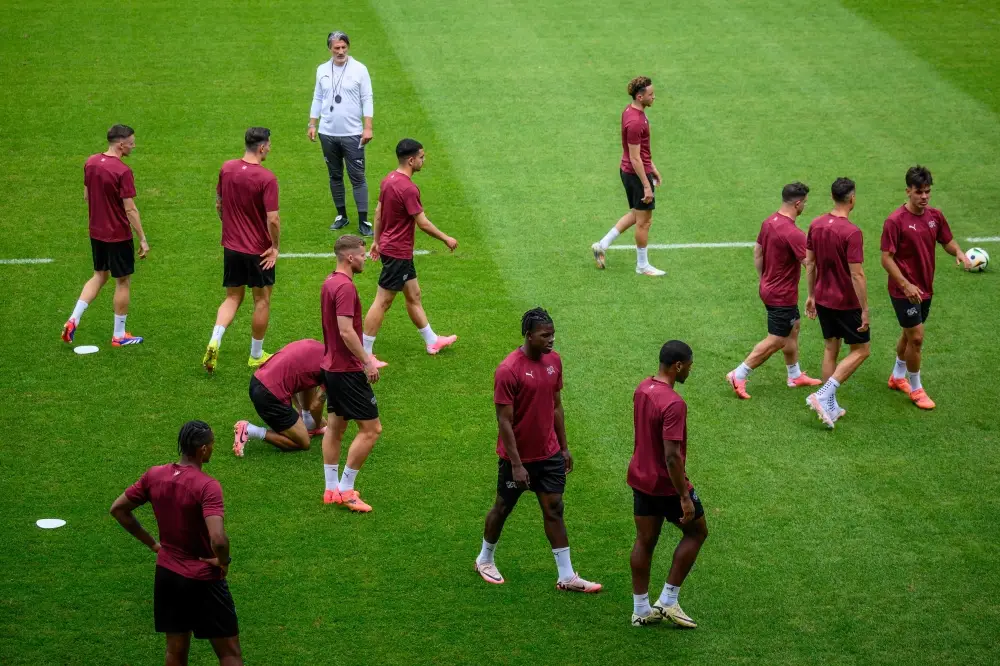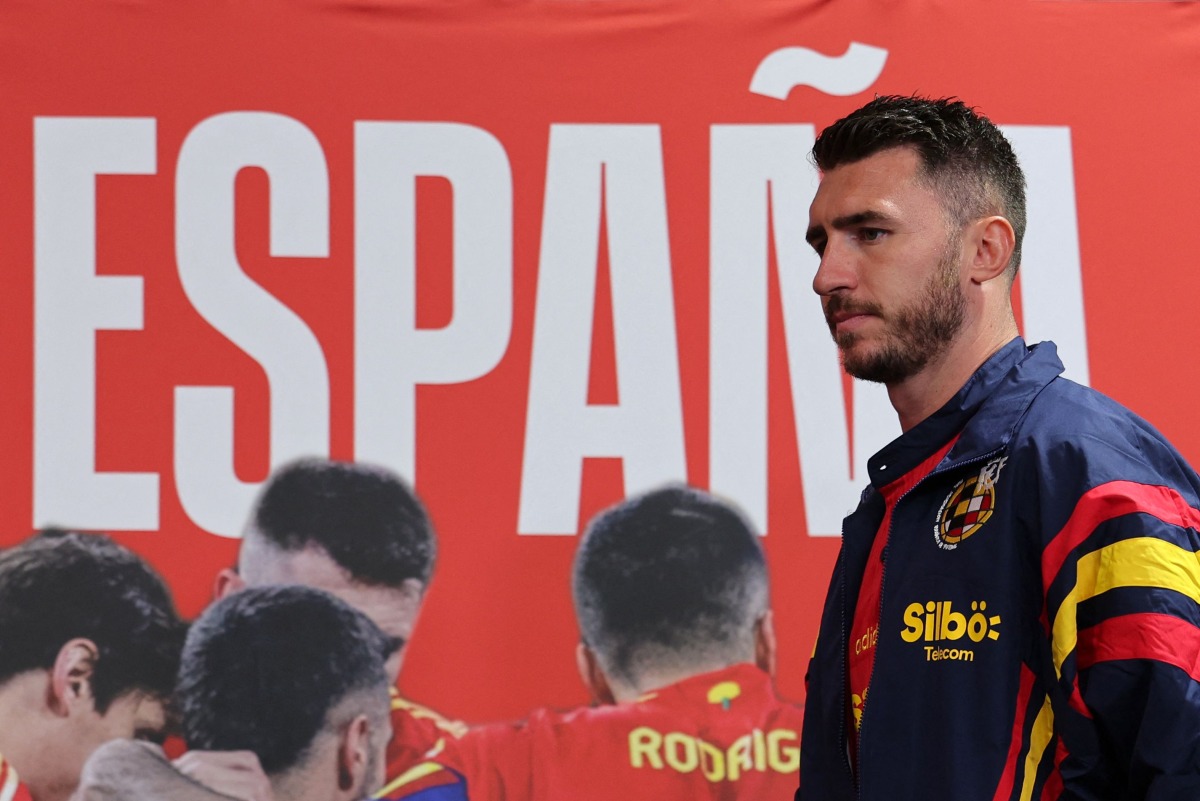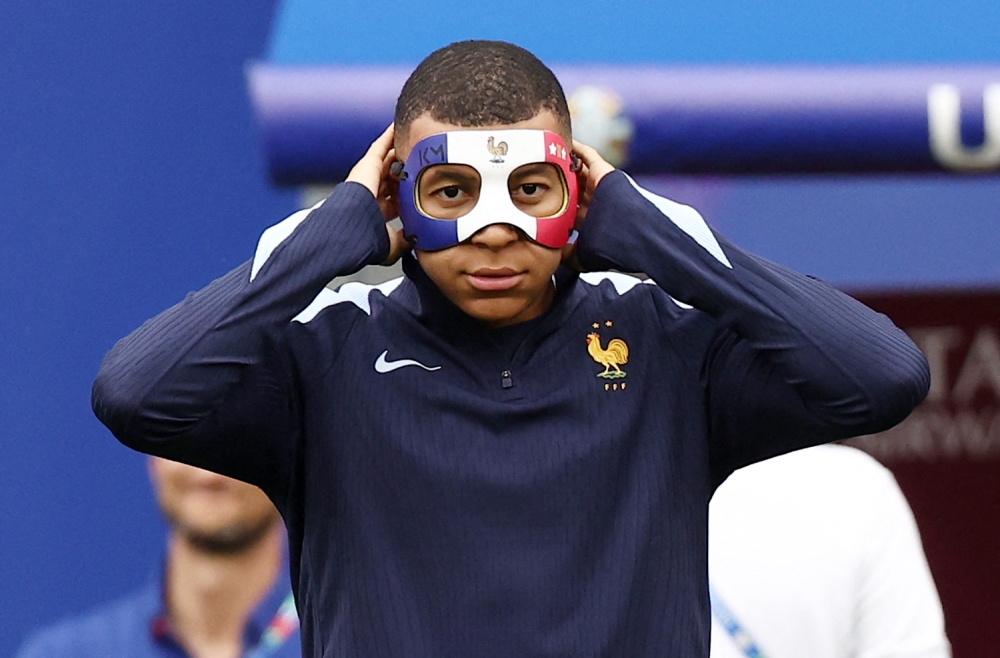[ad_1]
After two lockdowns, people in Qatar navigate freely through mosques and houses to mark this year’s Eid al-Fitr festivities as restrictions are lifted.
On the onset of the Covid-19 pandemic in 2020, the country witnessed its first ever sweeping lockdown, imposed in an attempt to curb the spread of the contagious virus.
At the time, Qatar had banned all types of gatherings and closed various places -including but not limited to – Corniche Doha, public parks, beaches and all social gatherings in closed spaces. The government also deployed mobile patrols and fined people if they failed to abide by the laws.
Unlucky for he 2020 lockdown coincided with Eid Al Fitr in Qatar.
Eid Al Fitr, literally translates to ‘festival of breaking the fast’, marking the end of the holy month of Ramadan for Muslims around the world.
It is considered an event of celebration and joy, which Muslims observe through prayers, colourful traditions and warm visits to their loved ones.
Given that the unique Eid prayer and social gatherings are integral features to the holy feast, many in Qatar found it extremely difficult to cope with the quickly-transforming situation posed by the pandemic.
Communal bond
Reflecting on her takeaway from the lockdown in May 2020, Sara Ali, a Qatari national tells Doha News: “It made me realise the importance of community.”
Through the exchange of traditions during community engagements and visits on Eid, communal bonds are nurtured and cultivated.
“It was already bad enough that we couldn’t move around the country as easily and we were pretty much stuck at home, but to also be prohibited from gathering with your loved ones really took a toll on me as I would usually see my extended family as well during Eid.”
Source of unity
In 2020, the Gulf stated took the decision to shut all mosques across the country and suspend congressional prayers, including Eid Al Fitr prayers.
“Not being able to pray alongside my family during the Eid truly made me appreciate the unification element behind Salat al-Eid (Eid prayer),” Zahra Ahmed, a Somali national born and raised in Qatar told Doha News.
Standing shoulder to shoulder, Muslims regard the Eid prayers as means of uniting the Ummah (the Muslim community).
“Although I observed the Eid prayer at home, it still felt lonely as my family and I and I’m sure many Muslims would much rather conduct the prayer at a local mosque to feel the true bonding nature of the holy day,” Zahra added.
In 2021, Qatar transitioned into a less restricted plan on Eid, where the Qatar’s Ministry of Awqaf and Islamic Affairs released a list of approved mosques and prayer grounds for the prayer.
The list included over a thousand mosques around the country – all of which only provided outdoor prayers to ensure the safety of the community.
Though less restrictive, Covid regulations were still in place.
This year, the state’s regulations intended have been, for the most part, lifted as coronavirus cases have been decreasing significantly.
Hopeful prospects
“I know that this year’s Eid will bring back familiar feelings of familial connections and a sense of togetherness,” Sara told Doha News.
This year’s Eid al-Fitr public holiday will ensue on May 1st, as announced by the Amiri Diwan, with residents expected to enjoy an eight-day holiday applicable to individuals working in the public sector.
As per the predictions of astronomical calculations, Eid al-Fitr is set to be commenced on May 2nd.
According to the latest regulations, there is no restriction on capacity and numbers for social gatherings.
The Ministry of Public Health stated: “Mosques will remain open for daily and Friday prayers with no age restrictions, whilst adhering to the precautionary measures determined by the Ministry of Public Health and the Ministry of Endowments and Islamic Affairs.”
Toilets and ablution facilities will also remain open in mosques.
Masks, however, are still mandated during the prayers.
“This year, hearing the Takbeerat in the morning will feel better because I know it will be followed by all of us going to the mosque, unlike the past two years,” Zahra noted.
Takbeerat Al-Eid consist of an Islamic supplication starting with “Allah is the greatest”, which is a ritual repeated communally on the eve of Eid al-Fitr and on the morning before the prayer.
[ad_2]
Source link

















Leave a Reply